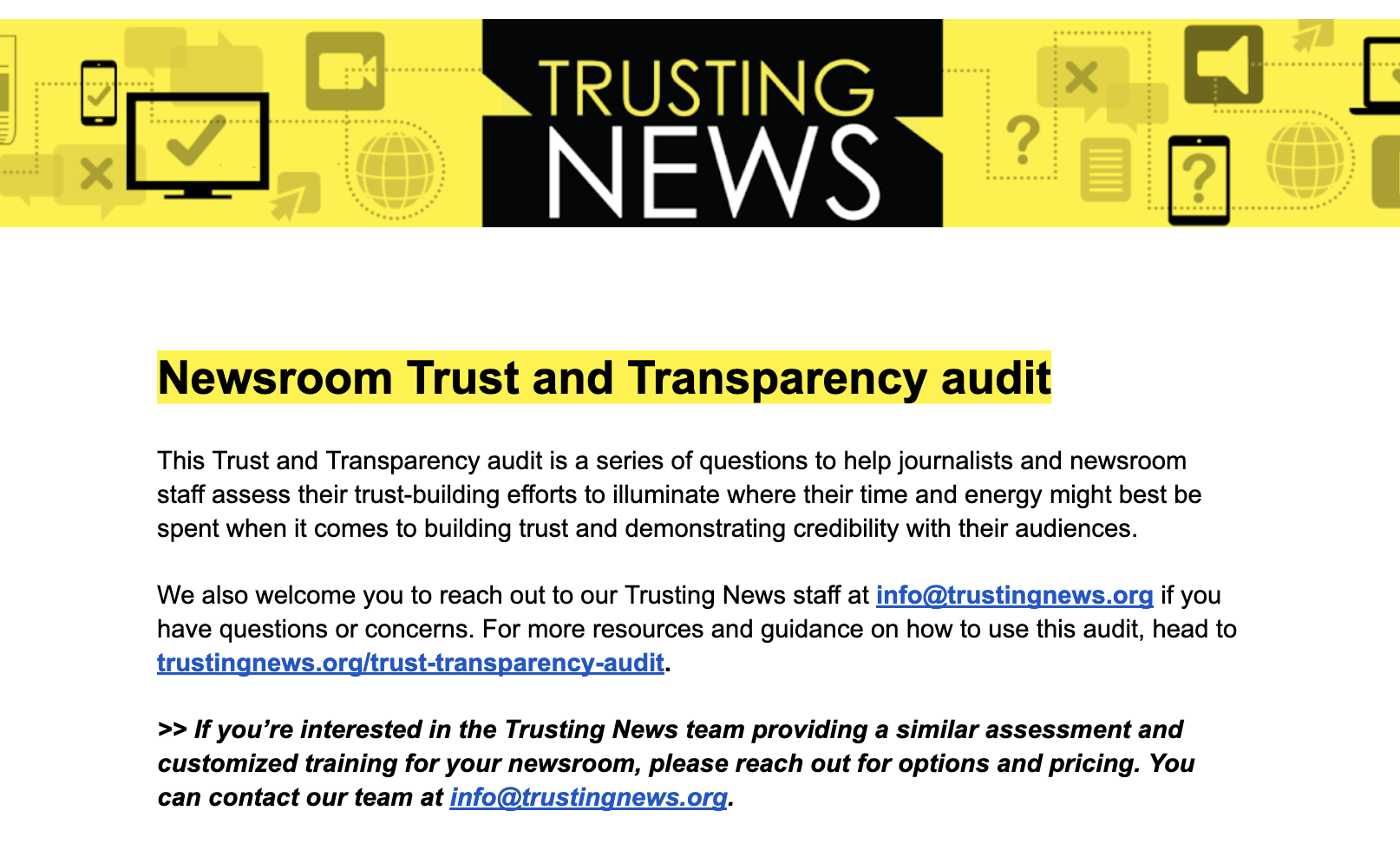
Homeowners are finding their mortgage companies eager to accept a sale price that falls short of a property's loan balance -- a so-called mortgage short sale.
By Kathleen M. Howley
March 21 (Bloomberg) -- Rolando Ruiz and Stephanie Rodrigues telephoned their mortgage lender two weeks ago and offered to hand over the keys to their three-bedroom house in Providence, Rhode Island. They lost their jobs and haven't made a loan payment since January.
``I told the bank to come get the keys and just let me know when we need to be out, but they said why not put it up for sale and we might be able to work something out,'' said Rodrigues, the 22-year-old mother of two girls.
Homeowners such as the Rhode Island couple are finding their mortgage companies eager to accept a sale price that falls short of a property's loan balance -- a so-called mortgage short sale. The number of U.S. loans entering foreclosure reached an all-time high in the fourth quarter, according to the Washington-based Mortgage Bankers Association. That's spawning a cottage industry of real estate investors who profit as lenders try to avoid adding properties to their portfolios.
``Banks don't want to be real estate managers,'' said Doug Duncan, chief economist of the mortgage association. ``The fact that delinquencies are rising means we're going to see more pre- foreclosure sales.''
Almost 5 percent of U.S. mortgages had payments overdue by 30 days or more at the end of last year, the highest since 2003, Duncan said. No one tracks or estimates the number of borrowers who avoid foreclosure with a short sale, according to Duncan and David Berson, chief economist of Washington-based Fannie Mae, the largest buyer of mortgages. There's ample evidence that the number is increasing, they said.
more
READ MORE: Bloomberg











